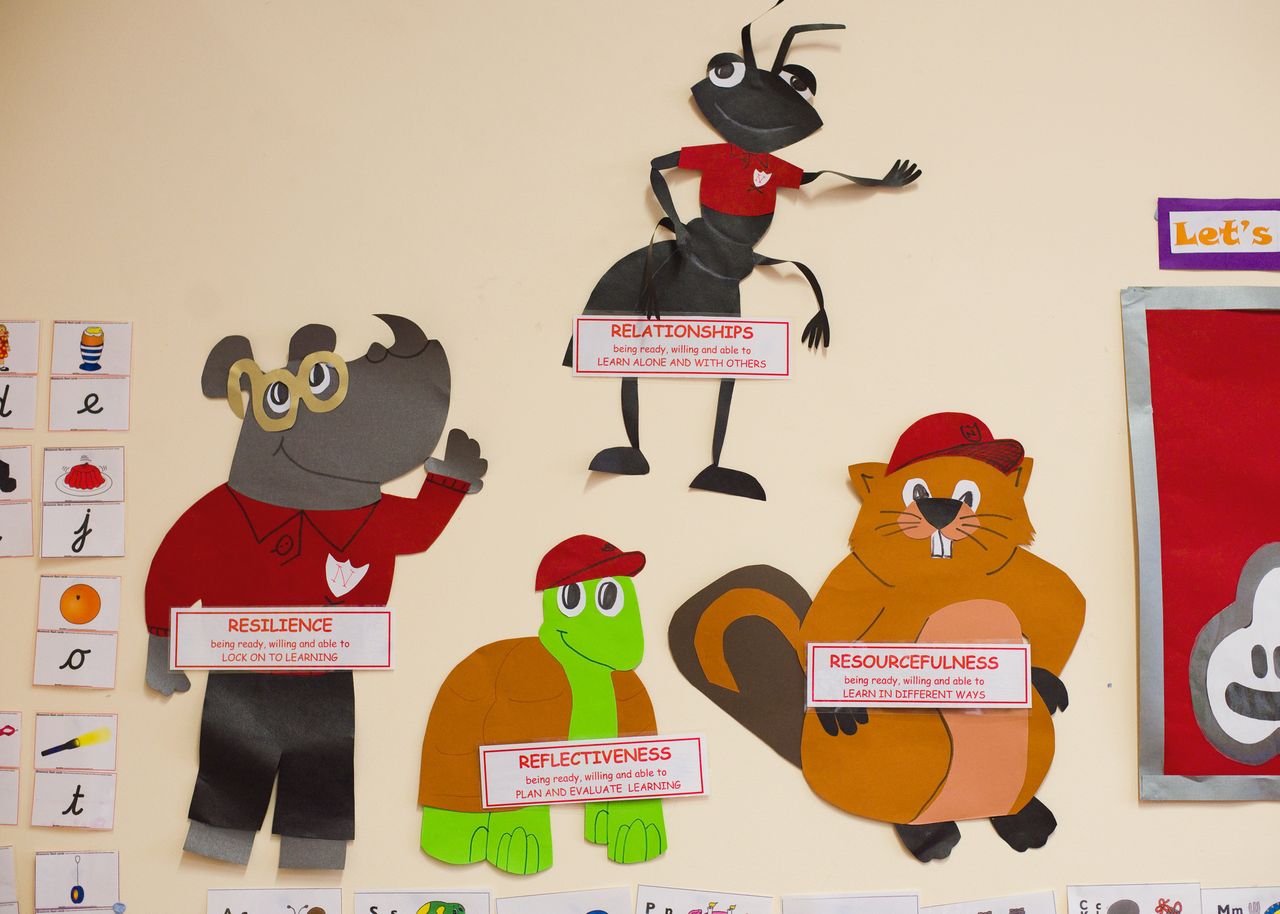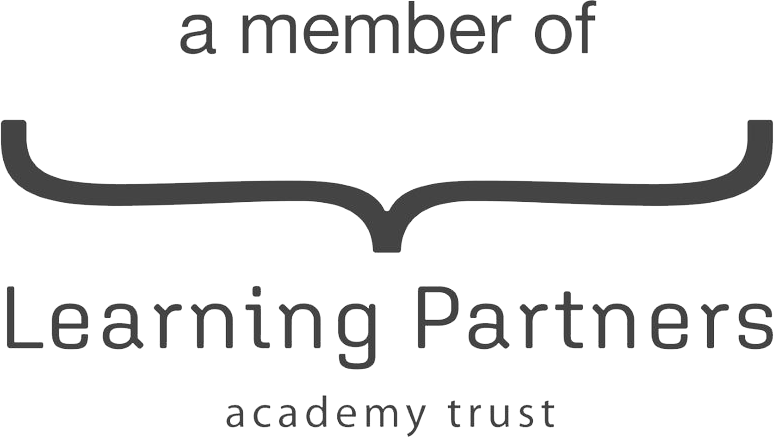Curriculum
At Northmead all our staff are committed to achieving the highest standards for each and every child. We have made it our priority to ensure that Northmead pupils are well-rounded individuals and have opportunities to learn and develop interests across a wide range of subject areas. Our curriculum is broad and balanced and helps our children to develop intellectually, socially, culturally, spiritually and morally.
Please use the menu on the right to find out more about each subject.
Curriculum Intent
Northmead is a good school which serves the area of Stoughton. As Stoughton has a very mixed demographic, we have recognised the varied backgrounds of our children and their wide range of academic and social needs when planning our curriculum. We pride ourselves on our inclusive school community and how each child is cared for and valued.
Our overarching intent is to develop successful children who are excited to learn and make the most of every opportunity; embracing our motto of Try More, Learn More, Achieve More!
Ensuring our children are literate and numerate is a key focus. Staff are aware that low levels of vocabulary sets limits on understanding and learning across the curriculum, which in turn has impact across all aspects of life.
We want our children to become proud, confident and resilient individuals who work hard to fulfil their potential.
Visitors, trips, residential and curriculum enrichment weeks have been designed to provide a breadth of experience, which some of our children would not otherwise have access to. This is how we plan to equip our pupils with knowledge and cultural capital to succeed in life.
The wellbeing agenda and understanding of children’s mental health is at the heart of Northmead’s curriculum. We are a trauma informed school and staff have received training in compassionate schools and restorative approaches to behaviour management. Nurture is at heart of our school which allows vulnerable children to access their learning and curriculum entitlement.
As well as being an exciting and engaging curriculum for the now, the curriculum at Northmead provides a strong foundation for the next stage in the education of our children.
Implementation
At Northmead we follow the objectives set out in the National Curriculum. However, when discussing our curriculum, we make a clear distinction between the National curriculum and ‘the curriculum.’
“The curriculum- taught and untaught - represents the totality of the experience of the child within schooling” (Myatt 2018)
We believe that reading is an essential life skill that enables children to develop their learning across the wider curriculum and lays the foundations for success in their future. We are committed to enabling our children to become lifelong readers. At the heart of our strategy is our drive to foster a love of reading, enriching children’s learning through carefully chosen texts.
We have begun to implement a new phonics system called Little Wandle.
In writing lessons we explore non-fiction, fiction, and poetry units, aiming to ensure all our children develop a love of language and the written word, through this text-based approach.
Maths is delivered through a mastery approach. Teaching in this way offers all children access to the full maths curriculum. This inclusive approach, and its emphasis on promoting multiple methods of solving a problem, builds self-confidence and resilience in pupils.
We recognise R.E as a core subject, so we adhere to the Surrey syllabus. We work closely with the local churches of Emmanuel and New Life Baptist. The children have opportunity to visit these local places of worship to celebrate events in the Christian calendar.
Science is taught in units laid out in the science National Curriculum. As one of the core subjects, we give the teaching and learning of Science the prominence it requires. Scientific enquiry skills and specialist vocabulary are embedded in each topic the children study.
The foundation subjects are thought of as worthwhile for their own sake but where links are appropriate and authentic a cross curricular approach may be employed. However, within such an approach the integrity of individual subjects is preserved.
The Modern Foreign language taught at Northmead is French. Children have opportunity to develop their awareness of France as our closest neighbour. We strive to embed the skills of listening, speaking, reading and writing necessary to enable children to use and apply their French learning in a variety of contexts and lay the foundations for future language learning.
Sport is central to both our curriculum and extra-curricular provision. We employ Sports coaches to work alongside our teachers to build capacity and capability. Sports premium funding provides significant additional funding and has allowed us to make sustainable improvements to the quality of PE offered at Northmead, such as building the outdoor gym which has had significant impact on the activity levels of those children less keen on team games.
The arts are fundamental to our curriculum and children are provided with quality opportunities to explore their creativity whether through music, ceramics, dance or painting. Additional opportunities such as performing at the O2, being part of the whole school annual production or involvement in the Take One Picture initiative or going to the theatre allow children’s interest in the arts to be further developed.
Learning to Learn
At Northmead, over the past few years, have developed an initiative called Learning to Learn.
It does not alter what we teach but it is refining the way we teach and more importantly, the way our children learn. The aim of this is to help our children become better learners. This is achieved by helping them become more self aware and by developing the habits of successful learners.
What is Learning to Learn?
Learning to learn is based on Professor Guy Claxton’s ‘Building Learning Power’. This is an approach grounded in solid science and practical experience which is designed to help young people to learn more, become better learners and engage in lifelong learning.
It involves building and developing particular habits of minds to enable young people to face difficulties calmly, confidently, and creatively and hence be better prepared as citizens in the ever changing twenty-first century.
There are four key learning habits
Resilience, Resourcefulness, Reflectiveness and Relationships, the four R’s of learning. These dispositions are inherent in us all. However, they are not fixed at birth or when we leave school; they can be developed by everyone regardless of ‘ability’, social background or age.
Resilience |
This is being ready willing and able to lock on to learning – knowing how to work through difficulties when the pressure mounts or the going gets tough Resilience is made up of ABSORPTION ~ PERSEVERENCE ~ MANAGING DISTRACTIONS ~NOTICING |
Resourcefulness |
This is being ready, willing and able to learn in different ways – using both internal and external resources effectively, calling on different ways of learning as appropriate Resourcefulness is made up of QUESTIONING ~ IMAGINING ~ MAKING LINKS ~ CAPITALISING |
Reflectiveness |
This is being ready, willing and able to become more strategic about learning – taking a longer-term view by planning, taking stock and drawing out your experiences as a learner to get the best out of yourself Reflectiveness is made up of PLANNING ~ REVISING ~ DISTILLING ~ META-LEARNING |
Relationships |
This is being ready, willing and able to learn alone or with other people – using a sense of independent judgement together with skills in communication and empathy. Relationships is made up of INTERDEPENDENCE ~ IMITATION ~ COLLABORATION ~ EMPATHY~ LISTENING |
SEND
When a pupil has been identified with additional needs, their work will be differentiated by the class teacher to enable them to access the curriculum.
Learning support assistants may be allocated to support specific individuals or groups when necessary. If appropriate, specialist equipment may be given to the pupil eg writing slopes, concentration cushions or pen and pencil grips.
Additional information can be found on the SEND page of this web site.




